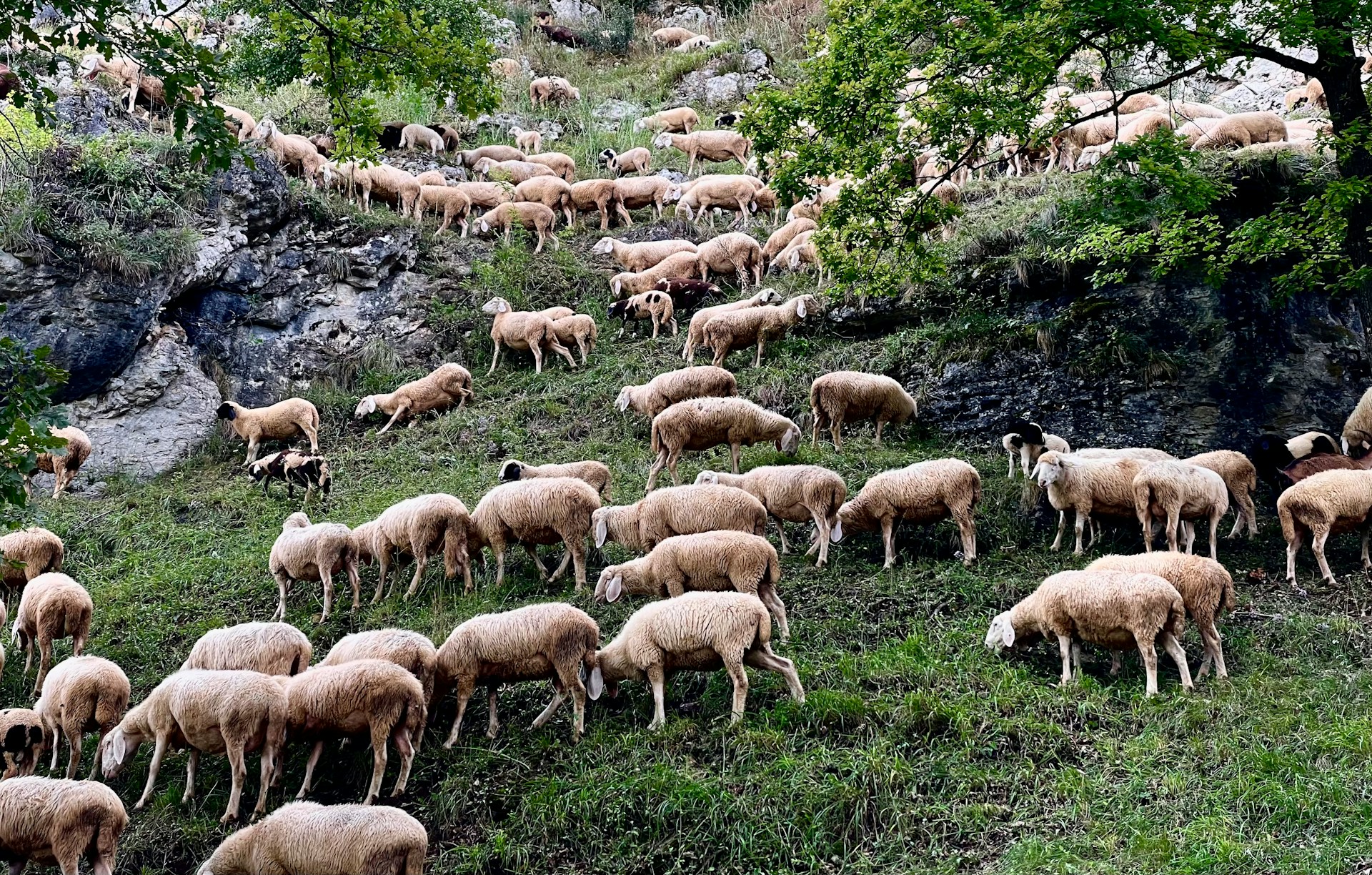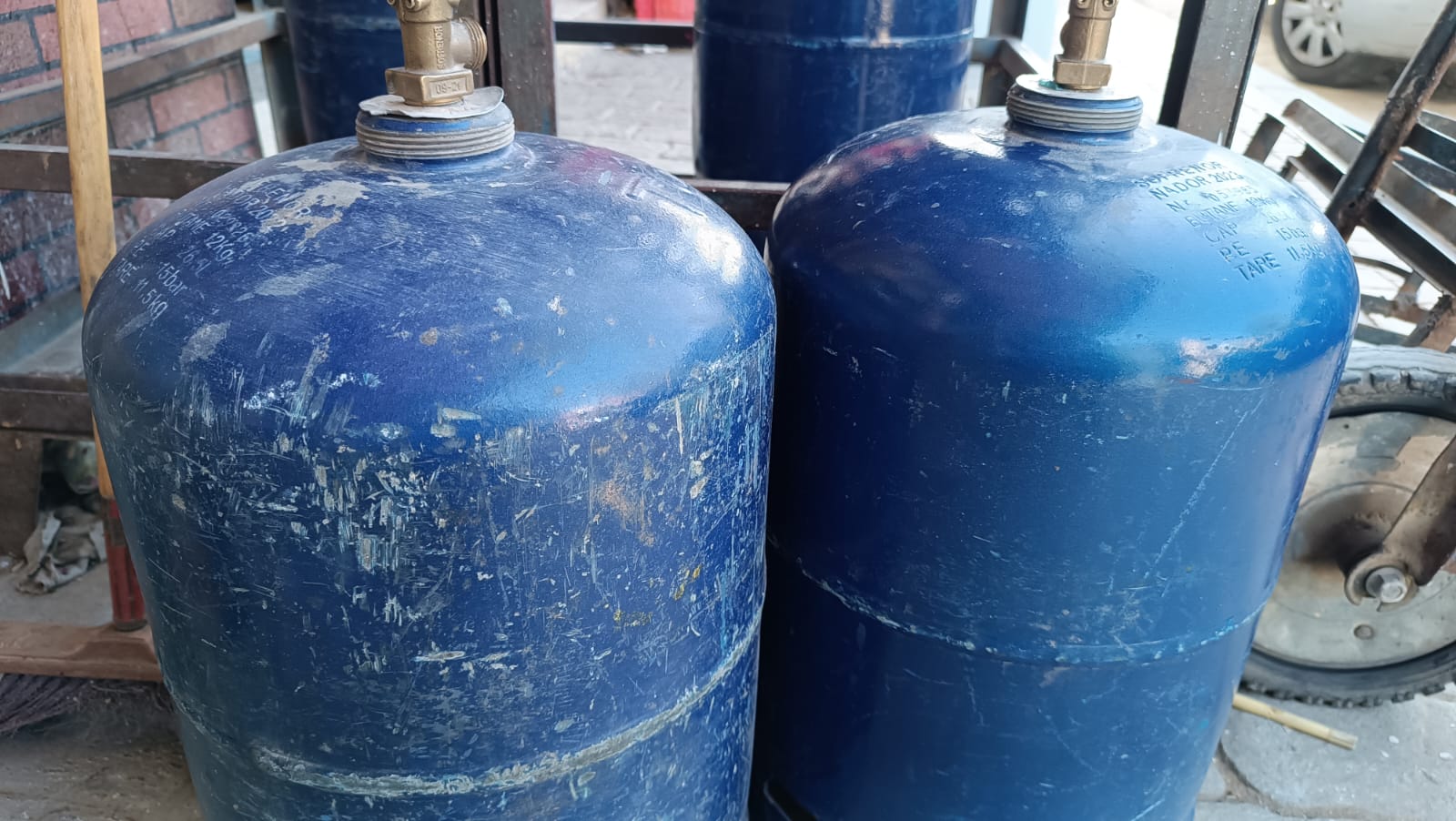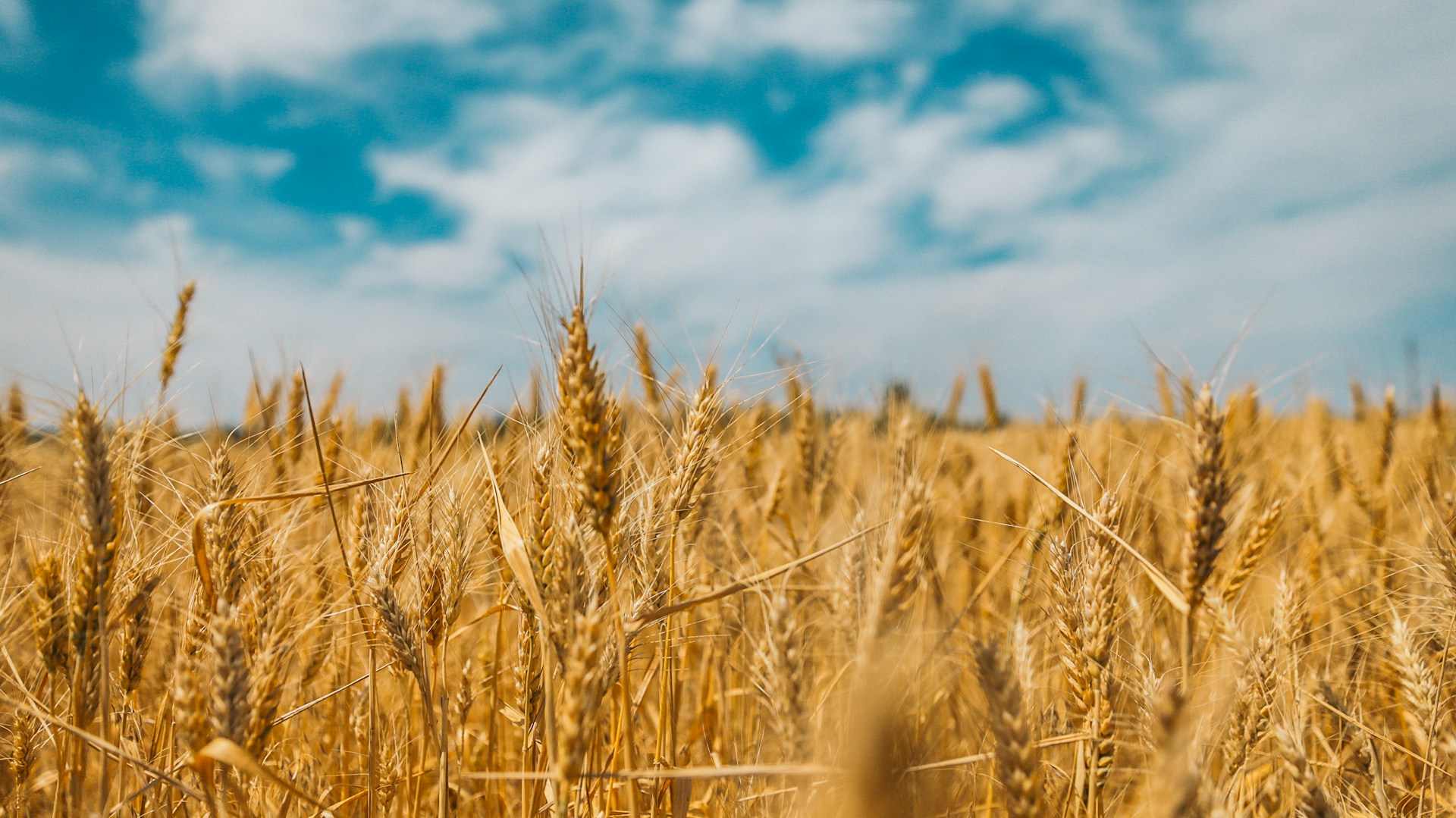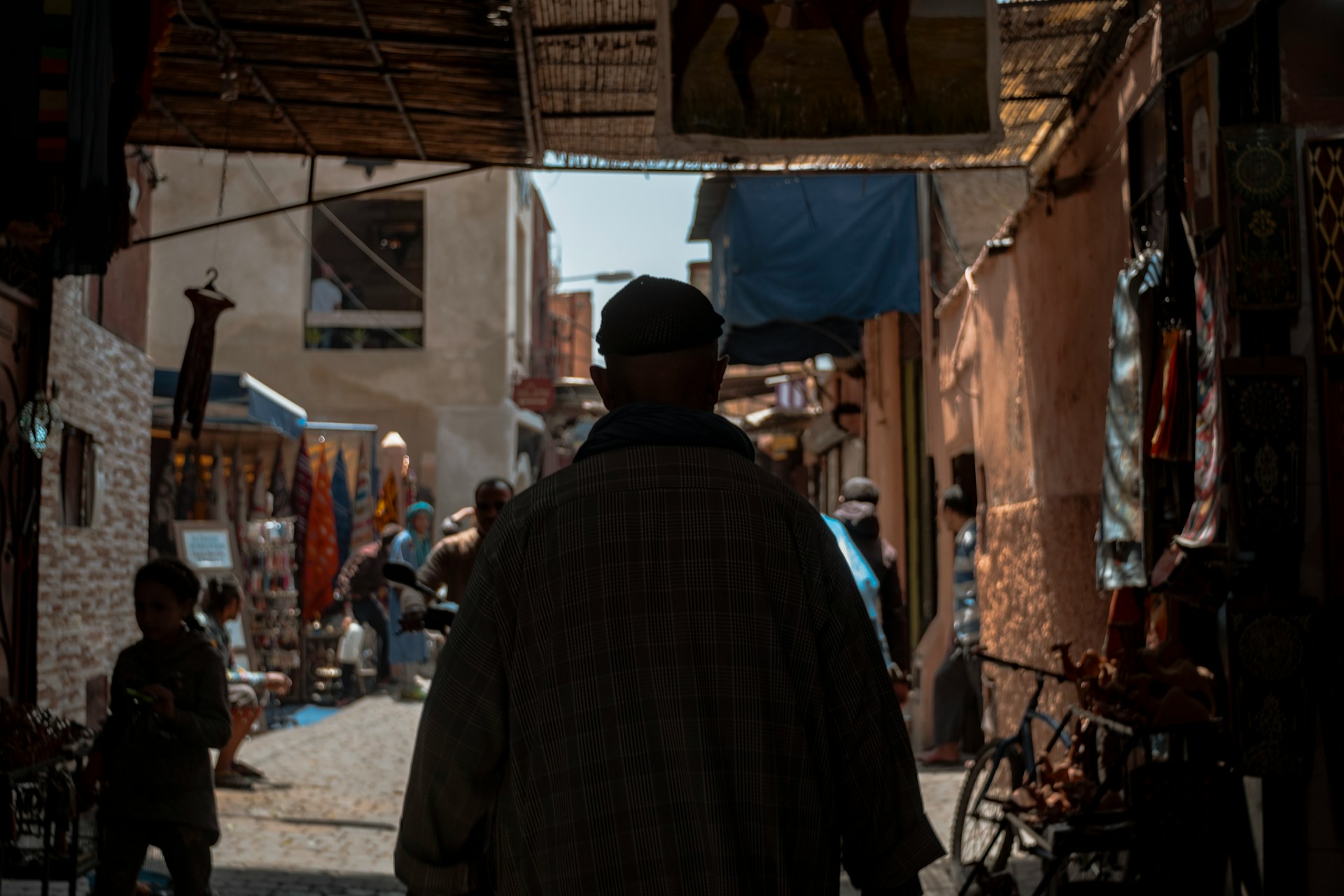Financial pressures mount as demand collapses ahead of Eid al-Adha; calls grow for emergency aid and export access
Casablanca – Livestock breeders across Morocco are grappling with a deepening financial crisis after the royal decision to suspend Eid al-Adha sacrifices this year. Typically the most profitable period for sheep and goat producers, this year’s cancellation has left the sector in turmoil—with falling prices, surging debts, and urgent pleas for government intervention.
The move, intended to protect the national livestock herd and ease household financial burdens, has instead plunged breeders—locally known as kasabba—into economic uncertainty. The decision also coincided with deadlines for loan repayments many breeders had taken in anticipation of the annual religious festival.
Sharp drop in livestock prices
According to sources within the sector, sheep prices have dropped to unprecedented lows. In cities like Ksar El Kebir, some sheep are reportedly being sold for less than ~$103 per head—less than half the typical Eid-season price. Demand has evaporated from both consumers and professional slaughterhouses, leaving breeders with little recourse.
“Sales today are limited to small-scale family events like weddings or circumcisions,” said a breeder. “But these are not enough to make up for the losses we’ve suffered.”
Mounting debts and risk of bankruptcy
For many, the collapse in demand comes at the worst possible time. Breeders had invested heavily in preparing their flocks—purchasing feed, upgrading facilities, and securing transport—all with the expectation of Eid sales. Now, those costs have become sunk losses.
As the Eid holiday nears, breeders face mounting loan repayments without the revenue to meet them. Several breeder cooperatives have warned that widespread insolvency could follow if support is not provided soon.
Two key demands: Aid and exports
Breeders are united in their call for two urgent actions:
- Emergency financial support from the government
- Opening of export markets to sell surplus livestock abroad
While there is consensus on the need for financial assistance, the proposal to allow exports has stirred debate. Some stakeholders argue that exporting livestock—particularly under duress—may conflict with the intent of the royal decision and lead to unfavorable deals for local producers.
Others worry that the sale of breeding females, already underway in some areas, will damage the herd’s long-term viability.
Government yet to act
So far, the government has not released a detailed plan for how it will assist the sector. Earlier this year, officials signaled intentions to support rural economies affected by drought and inflation, but no concrete measures have been rolled out.
Breeders say time is running out.
“We had one good month—March—when the rains brought some relief,” said a source from a regional association. “But now the situation is dire. If nothing is done, many breeders won’t survive this year.”
A broader warning
The crisis in Morocco underscores how vulnerable agricultural sectors can be when tied to seasonal or religious events. With little diversification or safety nets, producers face disproportionate risks when public policy changes the cycle.
As one breeder put it, “We prepared for Eid with everything we had. Without it, we are lost.”
















